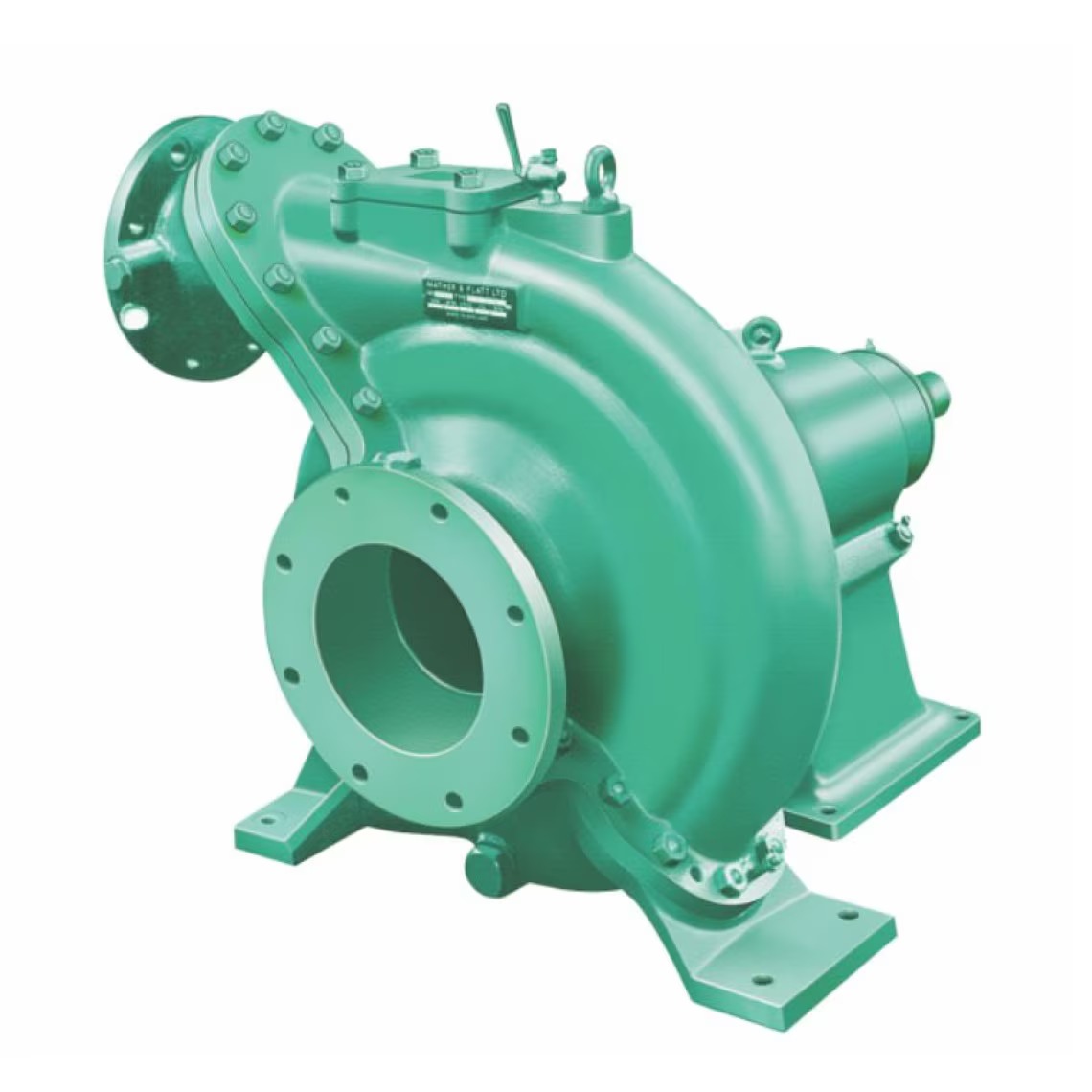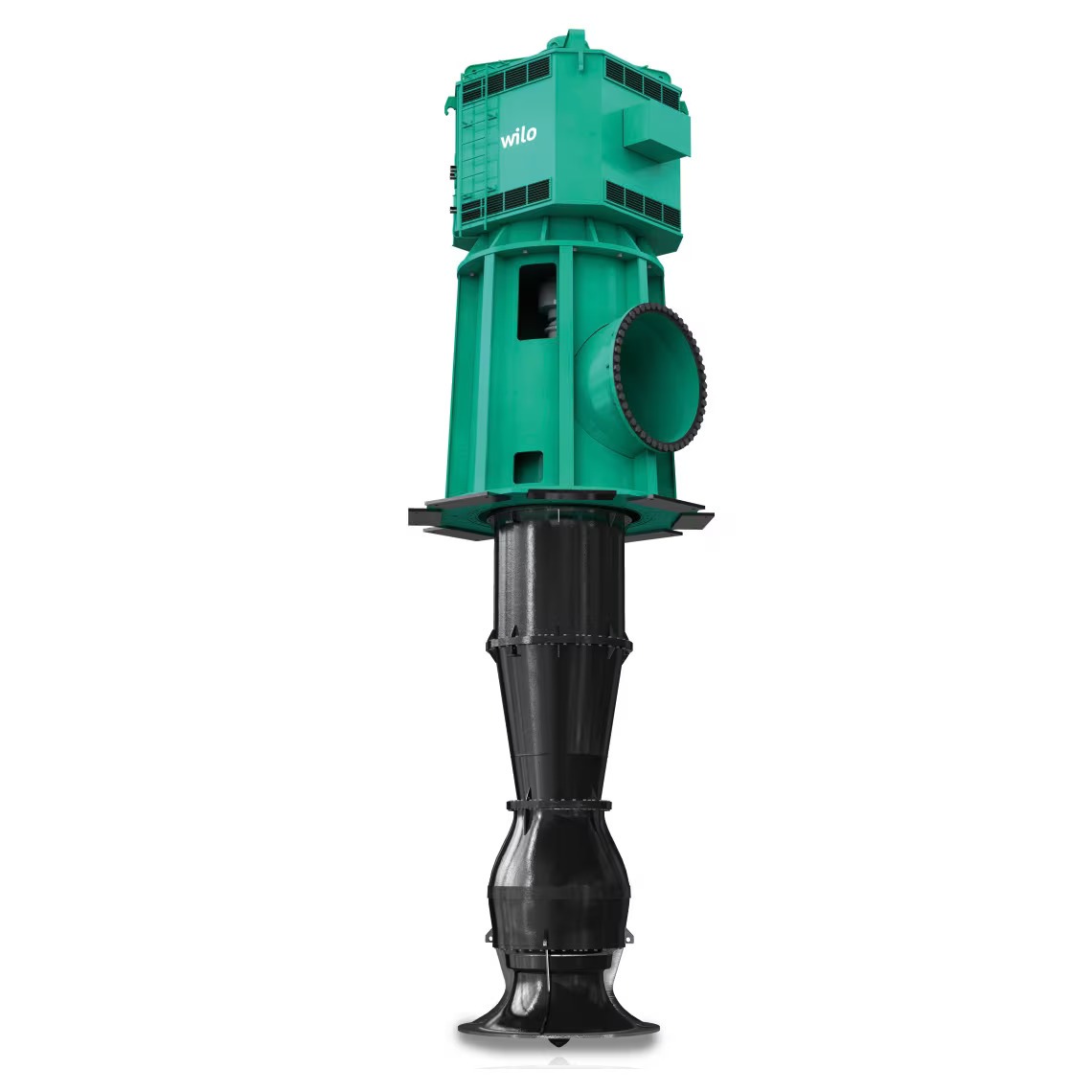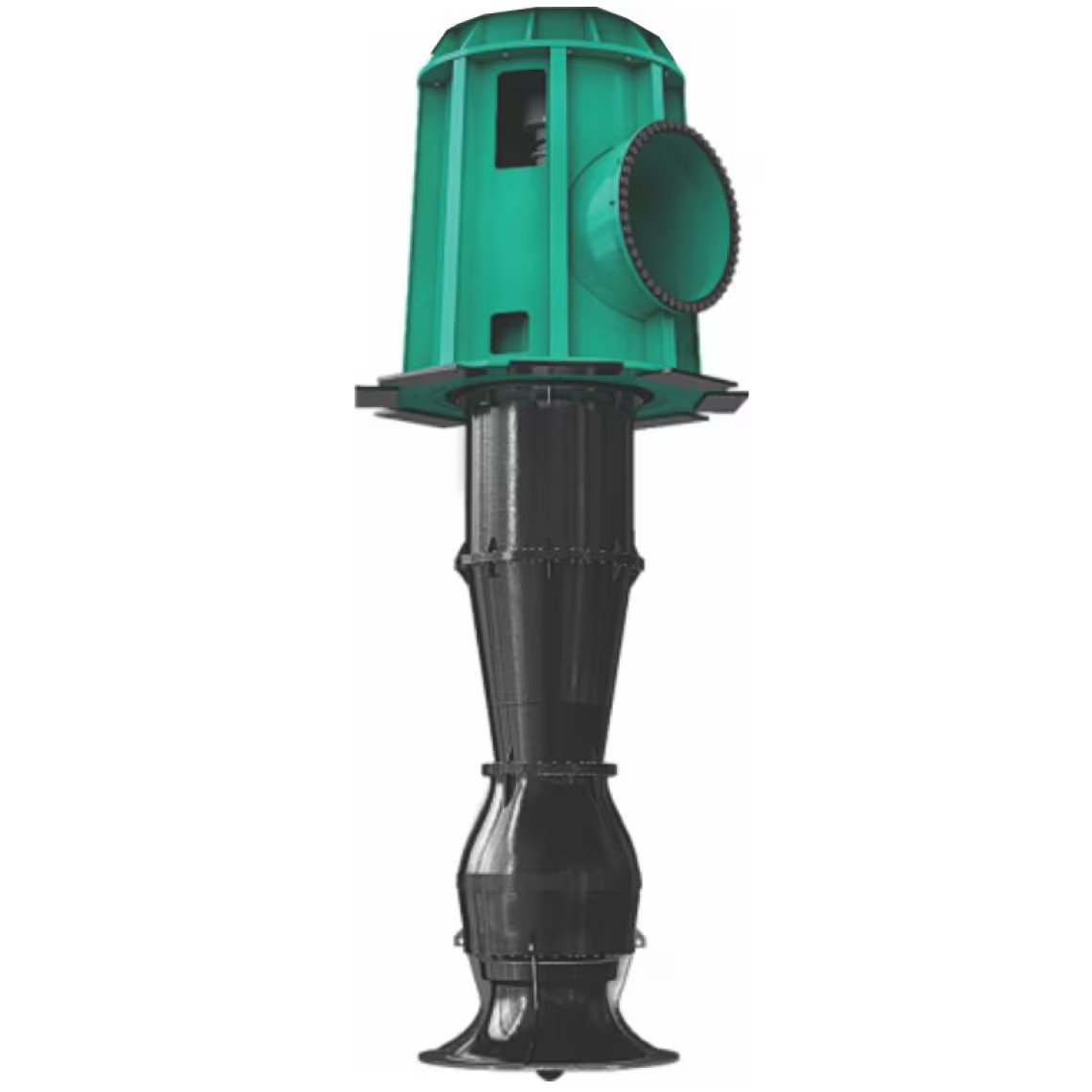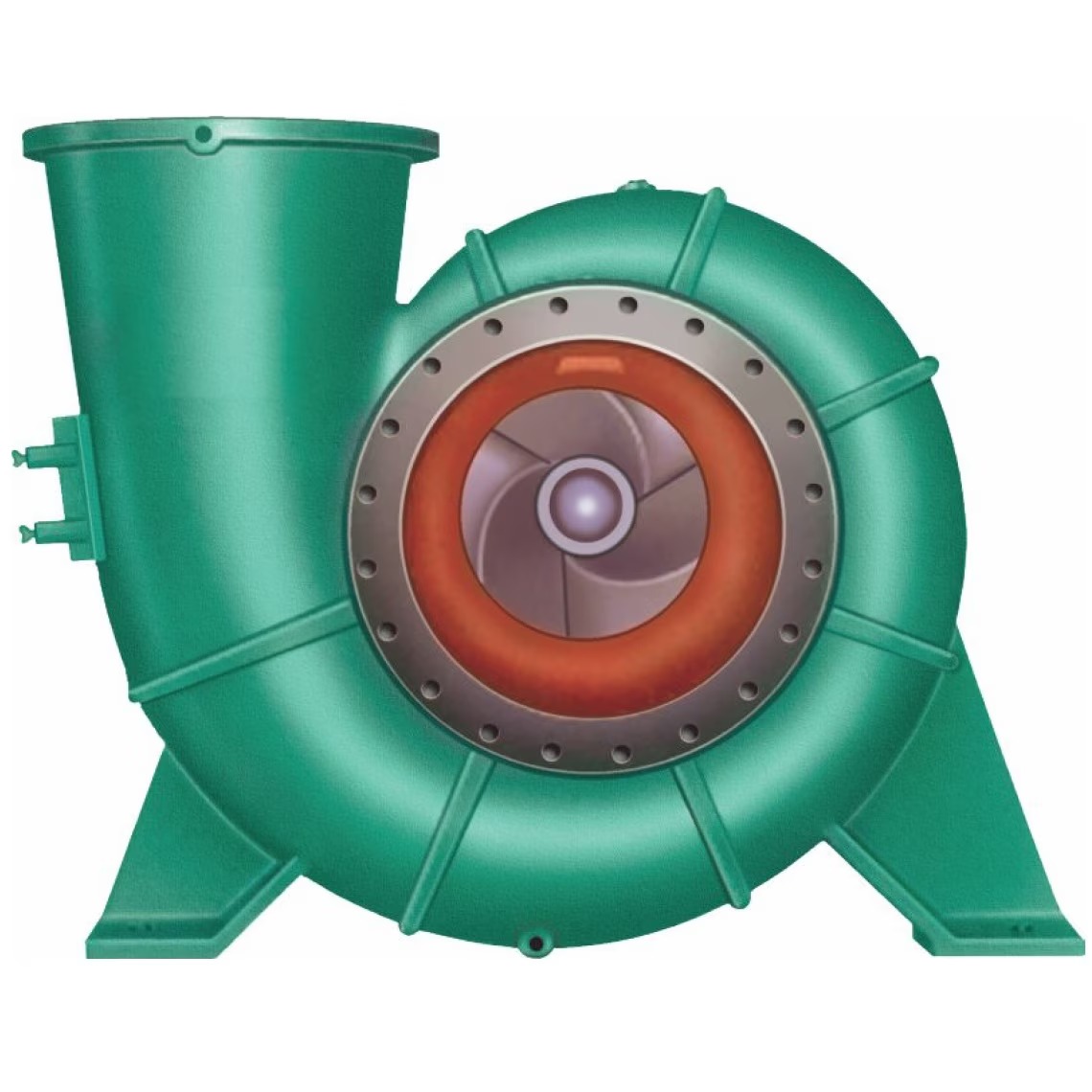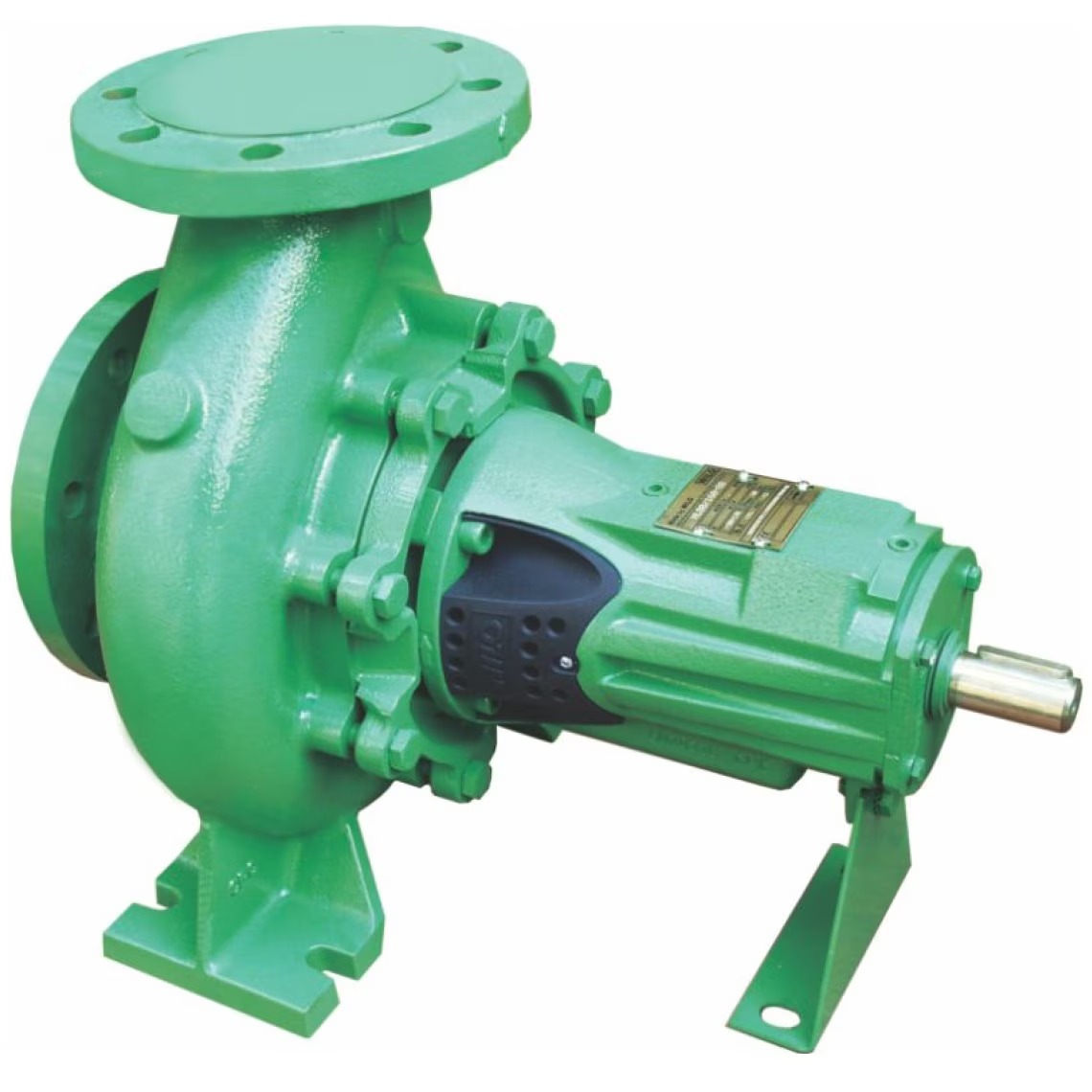Description
An End Suction Pump is a centrifugal pump type known for its straightforward design, high efficiency, and versatility across various applications. It is engineered specifically to move large volumes of fluid reliably and is often used for applications requiring efficient fluid transfer. End suction pumps are popular in industries like water supply, irrigation, HVAC, firefighting, and many other commercial and industrial applications.
Key Characteristics
- Design:
- Typically features a single impeller mounted on a shaft, drawing fluid in at one end (the “suction” side) and expelling it out through a discharge outlet at a 90-degree angle.
- Compact, with the suction nozzle in line with the impeller, making it easier to install in tight spaces.
- Available in different materials (such as cast iron, stainless steel, or bronze) to handle various fluid types and temperatures.
- Operational Efficiency:
- Designed to minimize energy consumption while maximizing output, making it ideal for high-efficiency needs.
- Low maintenance due to fewer moving parts and simple assembly.
- High versatility, with multiple configurations to meet specific application requirements.
- Engineered / Special Models:
- For unique or demanding environments, engineered or customized end suction pumps can be designed with specialized materials, coatings, or seals to improve durability, resistance to corrosion, and lifespan.
- Options include high-pressure models for increased head, self-priming models for applications where consistent fluid intake is a challenge, and magnetically driven or sealed variants to reduce leakage risks in hazardous or sensitive environments.
- High-temperature or aggressive fluid handling: Enhanced seals, bearings, and materials to accommodate extreme temperatures or chemically aggressive fluids.
- Performance Benefits:
- Versatility: Suitable for a wide range of fluids, from clear water to light chemicals.
- Ease of Maintenance: The impeller is accessible for cleaning, replacement, or adjustments without disturbing the piping.
- Low Downtime: Reliable operation in critical applications, minimizing the need for repairs or replacements.
- Energy Savings: High hydraulic efficiency means lower energy consumption, making these pumps cost-effective over the long term.
- Applications:
- Agriculture: Used in irrigation systems to deliver water across large areas.
- Municipal Water Supply: Essential for potable water distribution and wastewater systems.
- Fire Protection: Used in fire protection systems for reliable and efficient water transfer.
- Industrial Processing: Ideal for applications involving non-aggressive fluids, such as cooling water and light chemical transfer.
- HVAC Systems: Circulates water in heating, ventilation, and air conditioning setups.
Selecting an End Suction Pump
When choosing an end suction pump, consider factors like the required flow rate, head pressure, fluid characteristics (temperature, viscosity, and corrosiveness), and environmental conditions. Engineered or special models provide customization options to meet unique project demands, enhancing durability, efficiency, and performance based on specific operational needs.
Advantages of Engineered End Suction Pumps
These custom-engineered models offer additional reliability and longevity, especially in critical environments or specialty uses. Tailored to exact specifications, they provide superior handling for demanding conditions, helping ensure uninterrupted service and maximum system efficiency.

